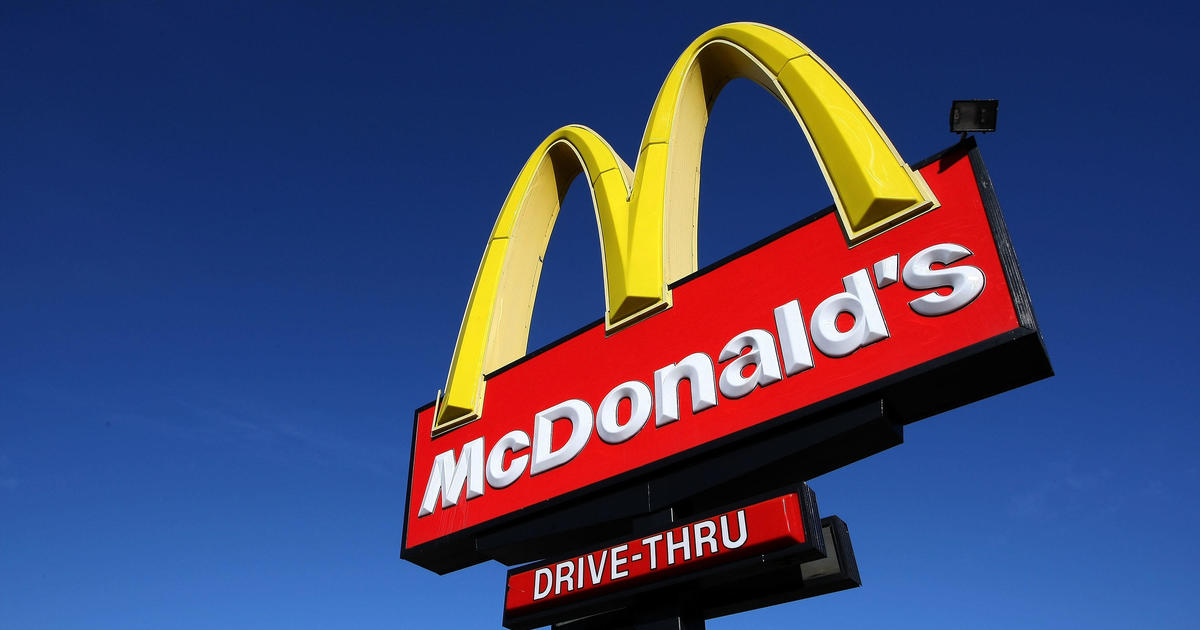Kevin Roberts remembers when he could get a bacon cheeseburger, fries and a drink from Five Guys for $10. But that was years ago. When the Virginia high school teacher recently visited the fast-food chain, the food alone without a beverage cost double that amount.
Roberts, 38, now only gets fast food “as a rare treat,” he told CBS MoneyWatch. “Nothing has made me cook at home more than fast-food prices.”
Roberts is hardly alone. Many consumers are expressing frustration at the surge in fast-food prices, which are starting to scare off budget-conscious customers.
A January poll by consulting firm Revenue Management Solutions found that about 25% of people who make under $50,000 were cutting back on fast food, pointing to cost as a concern.



It’s not just fast food. They’re getting the attention because they’re supposed to be cheap, but the price of eating out in general has jumped over the last 4 years or so.
For example: We often eat at a local barbecue place, usually getting the same order each time. (During the pandemic, we would get take out.) I don’t have the numbers in front of me, but when I looked it up a while back, I think we were paying ~$15 more now for the essentially the same order. Adding $15 on to a ~$30 order is a huge increase, as a percentage.
In general, our dining out expenses have gone way up since the start of the pandemic, but we aren’t eating out more often or ordering more extravagant foods. The prices have just gone up. (When we go out for meals, we go to a mix of fast food and casual dining places, some with counter service.)
Should be noted how much of that is food and how much of that is rent. I’ve noticed spots that own their own location haven’t had to crank their prices up quite so high. But areas in high rent neighborhoods just see restaurants collapsing like dominoes, as they’re priced out and replaced with… often nothing.
Which is bizarre, as commercial real estate is in massive trouble.
A paradox of sorts. Because the industry needs to remain profitable, a downturn in one corner of the portfolio means raising rents somewhere else. And because the industry is increasingly cartelized, you have fewer and fewer units sold outside the scope of these massive price-fixing conglomerates.